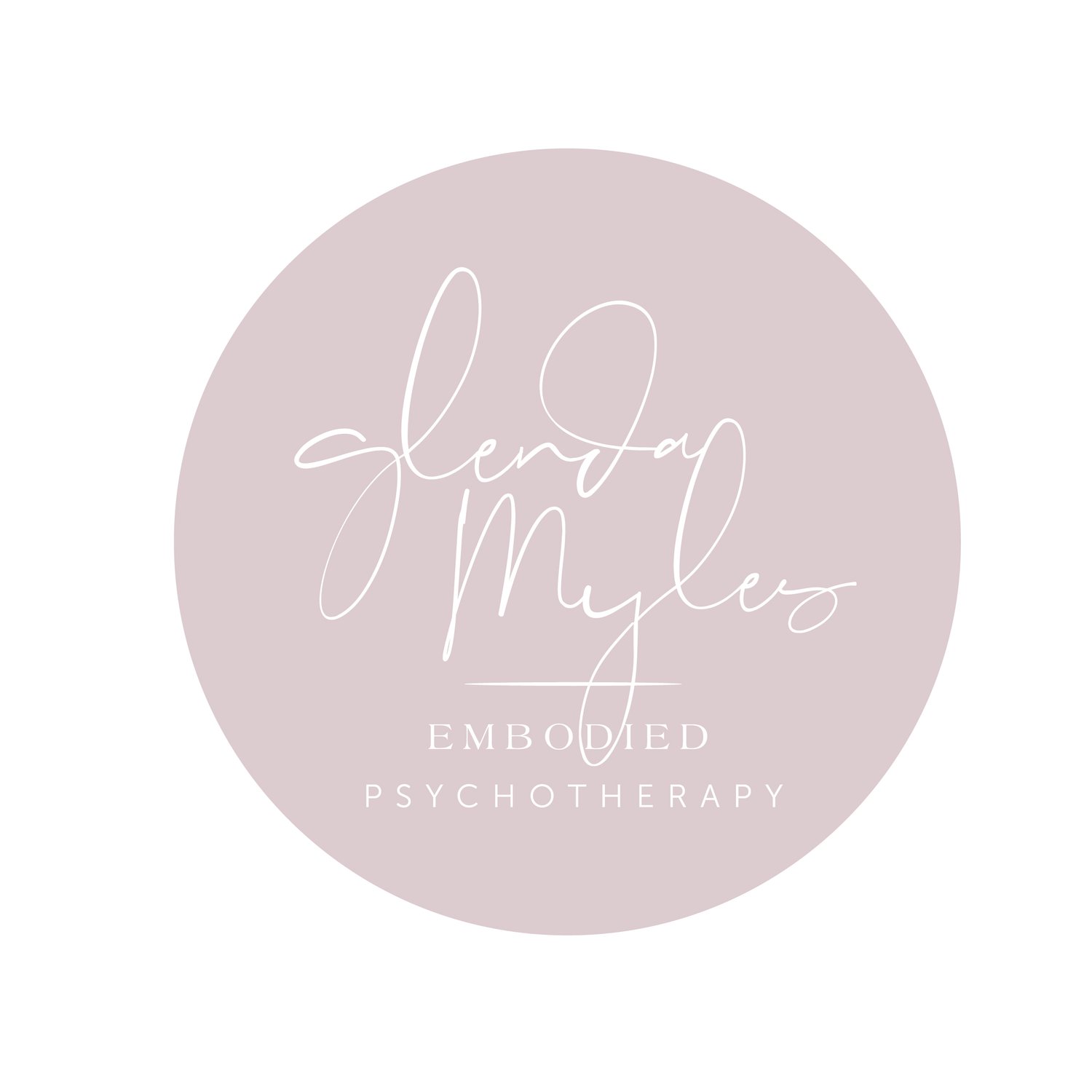Mindful Movement: How Yoga Supports Mental Health Recovery
In our fast-paced world, mental health challenges can often feel overwhelming and disconnecting. While traditional therapy offers valuable support, the integration of mindful movement through yoga can provide unique pathways to healing and recovery. At Glenda Myles Embodied Wellness, we've witnessed the transformative power of combining therapeutic yoga with mental health support.
The Yoga-Mental Health Connection
Why Movement Matters
When we experience mental health challenges, we often:
Feel disconnected from our bodies
Struggle with racing thoughts
Experience physical tension
Have difficulty regulating emotions
Lose touch with present-moment awareness
Therapeutic yoga addresses these challenges by:
Building body awareness
Calming the nervous system
Releasing physical tension
Creating emotional stability
Cultivating mindful presence
How Yoga Supports Mental Health
1. Anxiety Relief
Yoga helps manage anxiety through:
Regulated breathing practices
Grounding postures
Mindful movement
Present-moment focus
Nervous system regulation
Beneficial Practices:
Forward folds
Child's pose
Mountain pose
Simple twists
Guided relaxation
2. Depression Support
Yoga can help lift depression by:
Increasing energy flow
Opening the chest and heart
Stimulating feel-good hormones
Building physical strength
Creating social connection
Supportive Poses:
Gentle backbends
Standing poses
Sun salutations
Balance practices
Heart openers
3. Trauma Recovery
Trauma-sensitive yoga offers:
Choice and empowerment
Safe body exploration
Gradual exposure
Resource building
Community support
Safe Practices:
Gentle movements
Seated poses
Boundary setting
Grounding exercises
Personal space awareness
The Science Behind Yoga for Mental Health
Physical Benefits:
Reduced muscle tension
Improved sleep quality
Better breathing patterns
Enhanced immune function
Increased energy levels
Neurological Benefits:
Increased GABA production
Reduced cortisol levels
Enhanced vagal tone
Improved brain plasticity
Better emotional regulation
Psychological Benefits:
Greater self-awareness
Improved emotional resilience
Enhanced coping skills
Better stress management
Increased self-compassion
Integrating Yoga into Your Mental Health Journey
Getting Started
Begin Where You Are
Start with simple practices
Honor your pace
Choose comfortable positions
Listen to your body
Build gradually
Create Consistency
Set realistic goals
Practice regularly
Start with short sessions
Build sustainable habits
Celebrate progress
Connect with Support
Join therapeutic classes
Seek professional guidance
Find community
Share experiences
Ask questions
Simple Practices to Try at Home
1. Grounding Practice (5 minutes)
Sit or stand comfortably
Feel your foundation
Notice your breath
Scan your body
Release tension
2. Tension Release (3-5 minutes)
Gentle neck rolls
Shoulder circles
Spine movements
Breath awareness
Progressive relaxation
3. Mood Lift (5-10 minutes)
Gentle stretching
Standing poses
Light movement
Breathing practice
Positive intention
When to Seek Professional Support
Consider therapeutic yoga when:
Traditional therapy needs support
Body disconnection is present
Anxiety feels overwhelming
Depression affects motivation
Trauma impacts movement
Our Services
At Glenda Myles Embodied Wellness, we offer:
Individual therapeutic yoga
Small group classes
Mental health integration
Trauma-sensitive approach
Ongoing support
Check out current offerings.
Remember: Healing takes time, and every journey is unique. Our role is to support you in finding movement practices that enhance your mental health recovery and overall wellbeing.
Contact us to learn more about integrating therapeutic yoga into your mental health support system.

